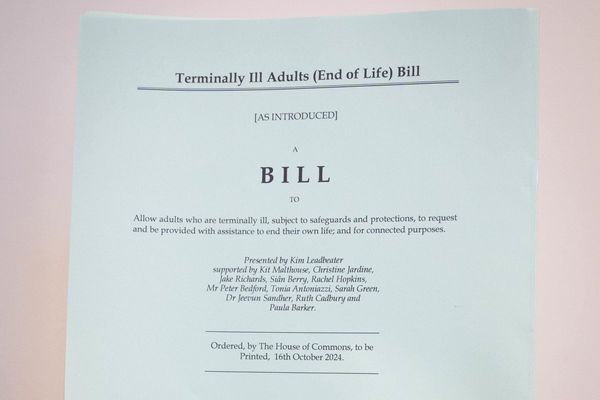The energy sector is taking a hit as oil prices continue to sink after climbing for several months. Crude oil is dropping 2.1% Thursday to 82 a barrel after topping 90 a barrel last week. Gasoline futures also dropped almost 7% Wednesday, hitting the lowest point of 2023.
In an interview for Investor's Business Daily's Industry Insights show, IBD News Editor Ed Carson spoke about what's going on with supply and demand in the sector.
Oil Prices Burn Energy Sector Outlook
IBD: What's going on with the energy sector?
Ed Carson: Seems like we're running out of gas. Or maybe, actually, the opposite. What's happening is oil prices seem to be finally coming down as there are signs demand is weakening. Supply has been very limited because of a lot of OPEC cuts. And OPEC, actually, continued some of those cuts today. But gasoline demand has started to weaken over the last few weeks.
Gasoline futures peaked a couple of months ago, and we weren't seeing it at the pump because it takes a few weeks for that stuff to get, you know, bought there and then actually get to the pump. But that's starting to come down. So it's taking a toll on oil prices, and that's taking a toll on oil stocks.
How Demand Is Influencing Oil Prices
IBD: Tell us more about the factors influencing the supply side and the demand side with oil prices.
Ed Carson: Supply has been what was driving the prices up so much of the year. OPEC and, especially, Saudi Arabia and a little bit Russia — they cut production and just sort of artificially doing that. And shale drillers in the U.S. didn't really want to produce more. They learned their lesson from several years ago. If you start producing too much, then the price falls and they lose money. That's what happened several years ago.
So they're just sort of enjoying the higher prices. They're not stepping up. Demand may have been a little bit weaker, but supply was so tight, it wasn't affecting it. But now it seems like demand is finally weakening enough. And we also have to keep the global picture: Europe is sort of slumping. China is not doing that well. And so if U.S. gasoline demand starts slowing, it's really hard to overcome that. And you're finally seeing prices come down on the crude oil, on gasoline for those reasons.
Oil Prices: Impact On Energy Sector
IBD: How is this impacting the different industry groups within the energy sector?
Ed Carson: You know, it's pretty much across the board you're seeing it. The traditional energy producers are coming down, but they also didn't come up as much. So they're not maybe getting hit as much. It's more the leveraged things like drillers and machinery and oilfield services because they really benefit from higher prices because those higher prices will, to some extent, encourage more drilling and more services that are needed. And if the prices fall down just a little bit, all of a sudden their demand and their pricing can fall quite a bit.
Another sector that's really getting hit recently is the refiners. They make their money not on the price of gasoline so much. It's really the spread between crude oil and gasoline. The so-called gas cracks spread. And for a while, gasoline prices were surging faster than crude. But now over the last couple of months, that's been switching around. And so refiners are going to see smaller and smaller profit margins.
Pump Price Relief?
IBD: What impact do oil prices have on the economy?
Ed Carson: Well, there's a few things. One, this is somewhat of a tailwind for the economy, for parts of it outside of the energy sector, people will have more to spend. I mean, that's just a simple fact. They'll have a little bit more money to spend at the pump.
This also will bring inflation down maybe a little bit over the next few months. That was core inflation was coming down, but some of the headline numbers were coming up because of gasoline. Well, this is probably going to cool down somewhat over the next few months. So maybe not huge impacts, but generally positive impacts for the economy.







